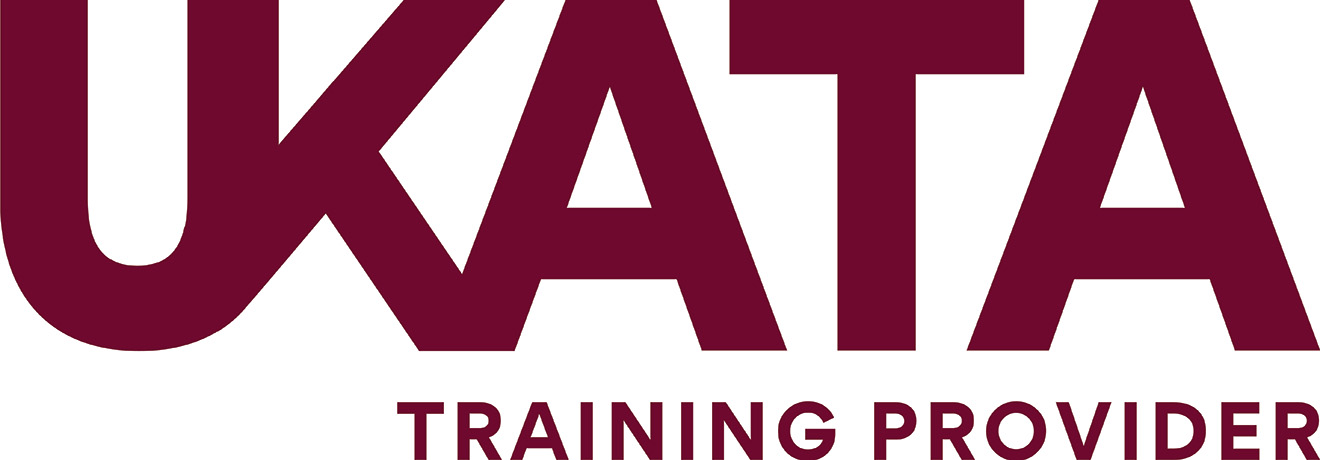We are delighted to announce that OUR UKATA Asbestos Awareness online course, has been our most enduring success. This month marks an impressive 12 years since our asbestos awareness training was introduced.
However, while we celebrate this milestone, we earnestly wish for a future where such courses may no longer be necessary (continue reading to understand why).
The UKATA Asbestos Awareness course stands as the foremost asbestos awareness training in the UK. It equips workers across diverse industries with foundational knowledge to comprehend the hazards of asbestos exposure, recognize potential asbestos-containing materials (ACMs) on-site, and take appropriate measures upon their discovery.
Over the past 12 years, our UKATA Asbestos Awareness training has empowered countless workers, enabling them to safeguard themselves and their peers from the detrimental effects of asbestos exposure. This exposure has been unequivocally linked to severe forms of cancer, including asbestosis, lung cancer, and the incurable mesothelioma.
The significance of UKATA Asbestos Awareness training to SAMS is evident in our unwavering commitment to keeping it current, comprehensive, and relevant. Even during the pandemic, we invested in a complete revamp of our Asbestos Awareness training course, incorporating modern video instruction to enhance its intuitiveness and accessibility.
The relevance of this knowledge persists as asbestos remains a prevalent concern. ACMs continue to exist in numerous public structures, including a majority of UK schools and hospitals, as well as countless private buildings. The aging of these materials heightens the risk of degradation and, consequently, asbestos exposure.
This underscores our sincere hope that offering this course won’t be necessary a decade from now. It is disheartening that workers still require training to identify ACMs and understand the risks of asbestos, given its widespread presence in buildings and worksites across the country. This status quo cannot be sustained, or the risks will only escalate.
Presently, the standard approach to asbestos is to maintain and monitor it if it is deemed to be in good condition and at low risk of contamination. However, the reality is that there is no safe level of asbestos exposure, making any contamination unacceptable. As ACMs age, exceeding fifty years or more, the likelihood of degradation or accidental damage only grows.
Compounding this issue is the lax attitude towards asbestos by some businesses, which operate without proper provisions such as Asbestos Awareness training, respiratory protection, or ventilation. The Health and Safety Executive (HSE) has faced funding reductions in recent years, hindering its ability to inspect sites effectively and enforce regulations.
Asbestos may seem like a problem with delayed consequences, given that asbestos-related diseases often take decades to manifest. Yet, the risk lies in maintaining the current peak of historic asbestos exposures instead of seeing a decline. Although people no longer work directly with asbestos, neglecting exposure risks combined with aging asbestos could lead to a new crisis.
SAMS takes pride in offering UKATA Asbestos Awareness training and remains committed to educating workers nationwide on protecting themselves from this lethal threat. The aspiration is that continuous education, coupled with concerted efforts across industries and authorities, will relegate asbestos to a bygone issue.

